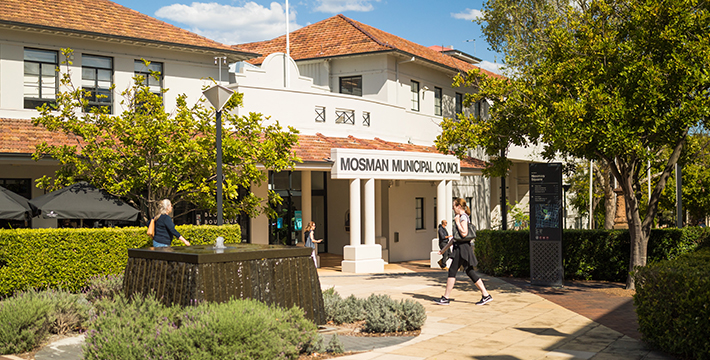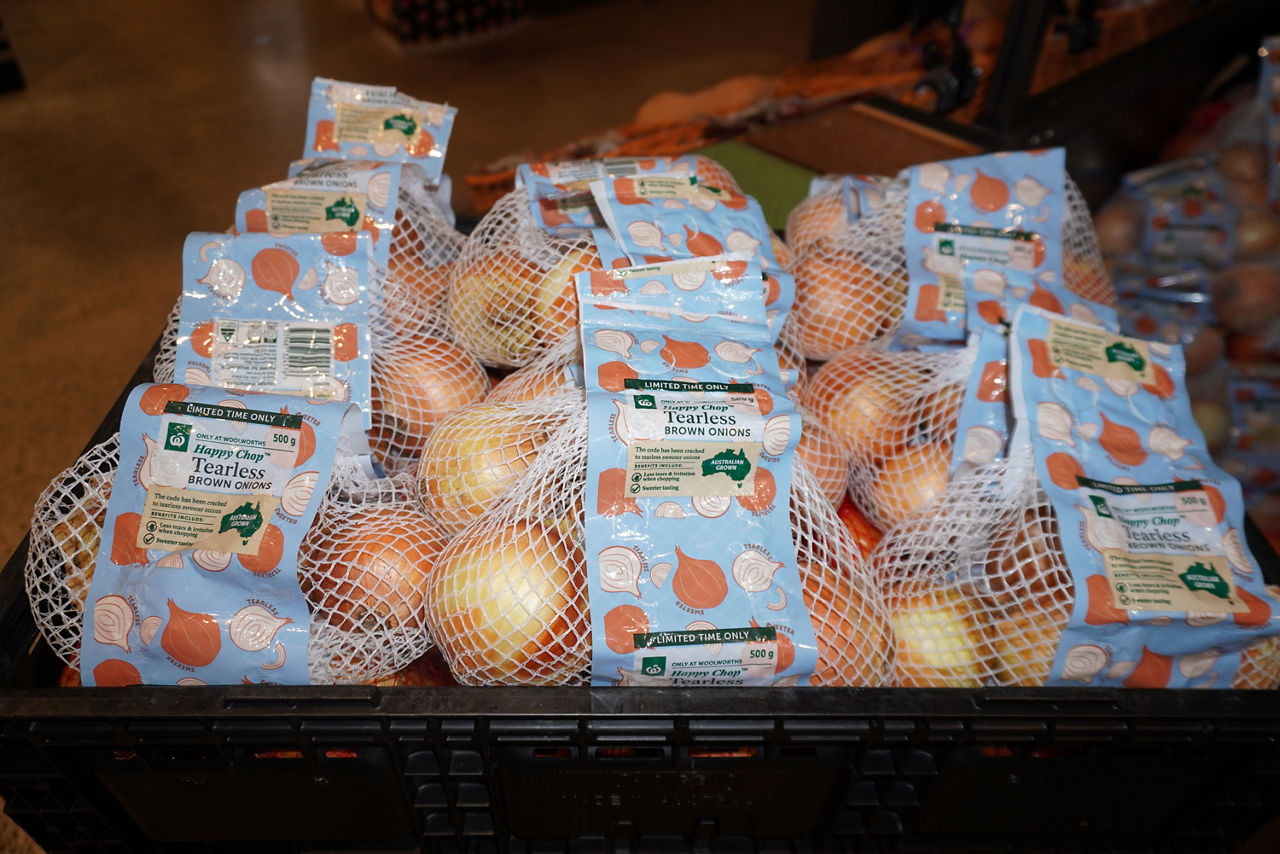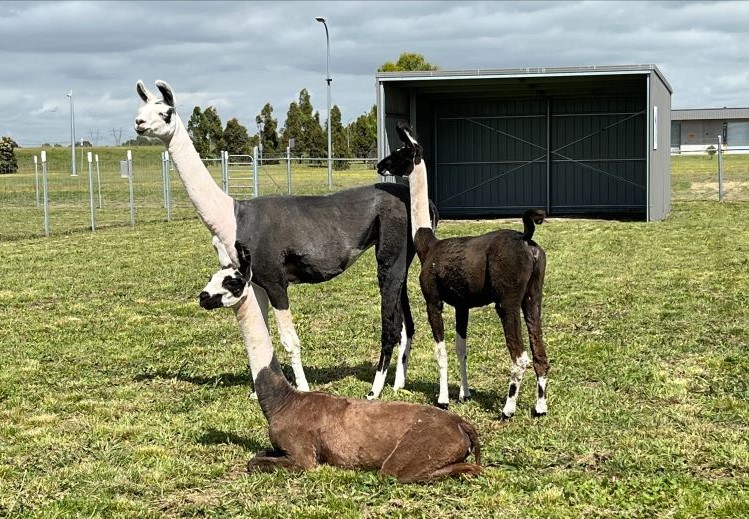A major UNE-led project aimed at equipping graziers with the skills needed to increase adoption of deep-rooted legumes has reached a significant milestone, with the majority of scheduled plantings now in the ground and successfully germinating.
Over the past six months, the Overcoming the Knowledge Gaps project team has collaborated with graziers and agricultural companies from across NSW, QLD and the NT to highlight the benefits of using deep-rooted legumes as a drought resilience strategy.
Funded by the Australian Government’s Future Drought Fund, the project will see over 5000 hectares of contrasting legumes sown across twelve participating properties, and will identify and address the common constraints that producers face when trying to implement legumes into their grazing systems.
“The successful integration of deep-rooted pasture legumes hinges on factors such as appropriate species selection, soil type, climate and management practices,” says project lead, Assoicate Professor David McNeill.
“Seeking guidance from local agricultural extension services or agronomists can offer valuable, site-specific recommendations tailored to the conditions prevailing in sub-tropical and tropical pasture systems. To be successful, it is important to understand the underlying biology and the risks.
“With the advice of a diverse support team of agronomists, UNE researchers, and rangeland experts, the collaborating farm managers are able to make the final decisions on the contrasting legume types and establishment strategies employed.”
There are a range of environmental and operational benefits to integrating deep-rooted legumes into a grazing system, including increased soil health, boosted animal productivity, reduced reliance on nitrogenous fertiliser and ecosystem resilience during times of drought.
While the adoption of deep-rooted legumes may require initial investment…the long-term benefits, including improved productivity, cost savings, and environmental sustainability, make them an attractive option for beef producers in northern Australia.
Because of this, A/Prof McNeill says it’s imperative that as many producers as possible get on board.
“Legumes can take nitrogen from the atmosphere and donate it to the surrounding soil and microbes. Some deep-rooted legumes can also access nutrients that may be beyond the reach of shallower-rooted grasses and accumulate these nutrients in their above-ground biomass.
“When the legume plants die and decompose, nutrients and in particular nitrogen become available for other plants, including the companion grasses. The nutrition from the legumes feed the soil microbes, which in turn feed the surrounding plants and improve soil health. This nutrient cycling ultimately increases the resilience and productivity of the grazing system.”
Despite these benefits, many producers have been hesitant to implement deep-rooted legumes due to factors such as cost, and the time it takes for them to be established.
A key message A/Prof McNeill hopes to convey through the project is that patience is key.
“While the adoption of deep-rooted legumes may require initial investment, such as seed costs, establishment costs and agronomic considerations, the long-term benefits, including improved productivity, cost savings, and environmental sustainability, make them an attractive option for beef producers in northern Australia.”
In the coming months, the team will continue to hold educational workshops and field days, which are hoped to build the knowledge around improving the resilience of northern grazing systems. You can keep up to date with the project and any upcoming events on the UNE website.
This project received funding from the Australian Government’s Future Drought Fund.








